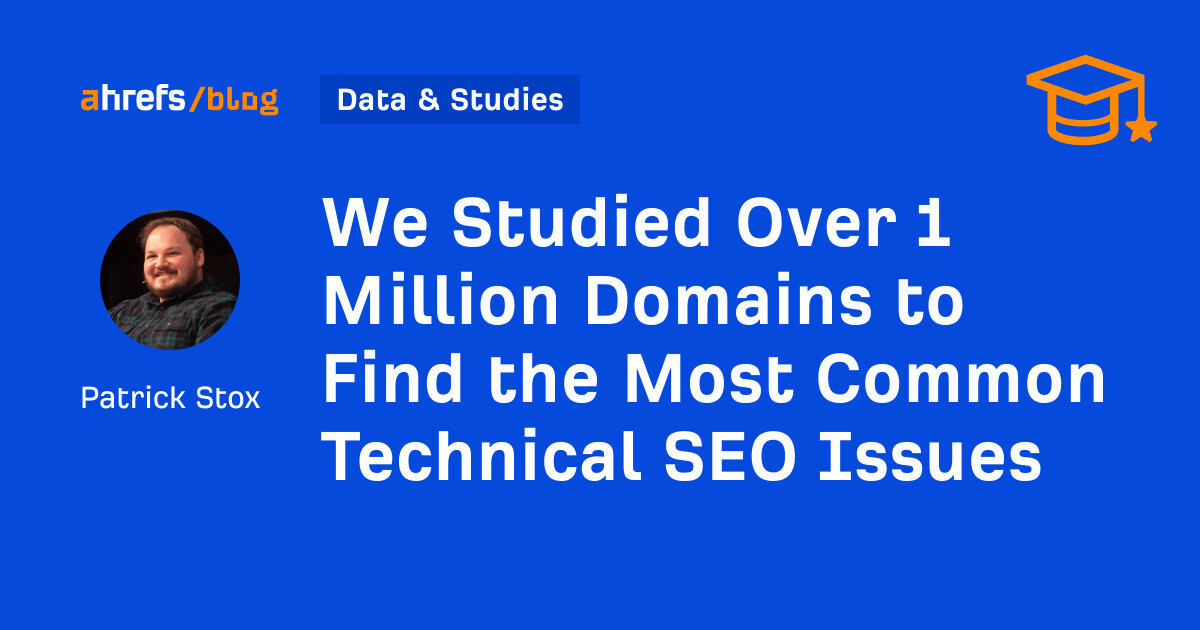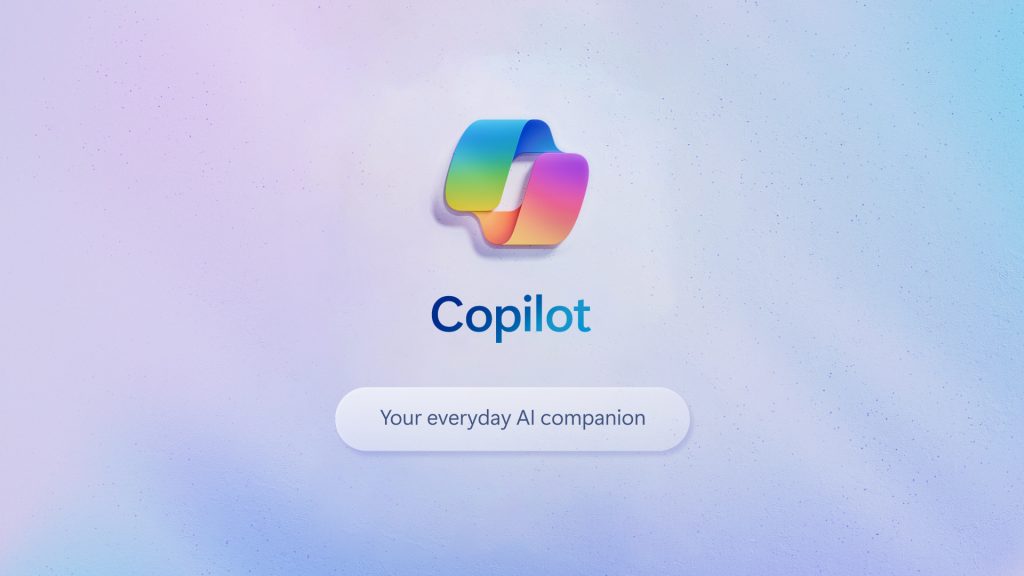- Media Assets
- Posts
- 💣 Owned vs Rented Media
💣 Owned vs Rented Media
In this week's issue, we discuss a helpful reminder by Google to own your own media

Hi there 👋,
Welcome to the second issue of Media Assets, brought to you by Chris Young and Richard Patey, keeping you up-to-date with the world of digital media assets.
In today’s issue, we discuss:
Continuing Google HCU fallout
Beehiiv acquires Swapstack
Is Buying A Website A Good Investment?
Technical SEO advice from ahrefs
Windows Copilot Launch
A Helpful Reminder To Own
The fallout from Google’s recent Helpful Content Update (HCU) is still causing havoc for website operators.
Twitter is full of stories of website owners who thought they were following Google's rules, and ranked well in search results for a long time, but have been outranked by lower-quality content from Reddit and other user-generated sources.
We think Jacky Chou captured the mood best:
So what should we make from all this carnage?
The first is genuine sympathy for some fine operators who’ve lost a large part of their main income for, it seems, pretty arbitrary reasons.
The second reaction though is to reiterate what we both believe quite fervently: never build your business on rented land (i.e. platforms you don’t own and control).
A lot of website owners right now realizing that they don’t actually have a business, they have a traffic source (SEO) that they are renting and which can be taken away.
— patey.sol (@RichardPatey)
1:39 PM • Sep 26, 2023
This goes as much for social media (look at how many sites lost huge amounts of traffic when Facebook changed its organic reach algorithm for example) as it does for Google SEO.
You may think that traffic from SEO is earned media from your hard work and investment, when in reality:
Rented Media is also your SEO data you feed to search engines to appear higher in results pages.
You can post your content, interact with your audience and drive sales through these outlets.
But while this category acts a lot like Owned Media, your authority with Rented Media is an illusion.
You need to move from renting to owning media, and your best-owned land is email.
If you’ve got a great audience on LinkedIn, TikTok/Instagram or whatever, or have a large amount of Pinterest/Google organic traffic, then move them on to email as quickly as you can.
This can be via a lead magnet, a free course or straight to your newsletter.
You’ll be able to contact your audience whenever you want, without relying on the whims of some tech company.
Major Acquisition In The Newsletter Space
Talking of newsletters, beehiiv (the platform we use) announced at the start of this week that it has acquired Swapstack, a newsletter sponsorship and affiliate platform:
We have acquired @SwapstackHQ 🤝
Together we are going to build the largest ad network in the world for newsletters…
— beehiiv 🐝 (@beehiiv)
8:20 PM • Sep 25, 2023
This is just a few weeks after they made their own ad network available, and provides newsletter operators with further monetisation options, and the company another weapon in its fight for newsletter operator dominance.
Or, in their own words:

These are exciting times for newsletter operators (and what’s good for operators filters down to readers: successful newsletters can invest more time and effort into their offerings).
We’ll keep you updated on how all this plays out. In the meantime here’s Axios’s take on the deal.
Sort Out Those Technical SEO Issues
One of things reputed to be in Google’s sights with the HCU is poor technical SEO - the dull but important website and server optimizations that help search engine spiders crawl and index your site more effectively.
Thankfully Ahrefs recently updated their survey of the most common technical issues with sites it crawls. Take a look and see if there’s any of these on your site:
Classifieds
Online Magazine Blueprint: Discover 300 profitable niches to launch a successful paid magazine, in this free guide by Chris. Get your copy
The Newsletter Is The Business: Learn how to launch a newsletter as a separate media asset, in this product by Richard. Check it out
Is Buying A Website A Good Investment?
Buying a website is one way to speed up the path to owning a profitable online business. A good acquisition might save years of building, getting traffic, and monetising.
But are websites good investments? Or, more specifically, when would buying a site make sense for you?
Chelsea Clarke, who runs the Niche Investor website marketplace, recently published a post addressing just that:
Windows CoPilot Puts Microsoft In AI Lead
Microsoft Windows updates wouldn’t normally interest us much.
The latest update brought Copilot, which could be a game changer in the ongoing AI competition among the big tech companies.
Copilot embeds AI in Windows, allowing Microsoft to integrate its various AI efforts into the vast majority of PCs in the world.
Or in its own words:
Copilot will uniquely incorporate the context and intelligence of the web, your work data and what you are doing in the moment on your PC to provide better assistance… It will work as an app or reveal itself when you need it with a right click.
Given Microsoft's close involvement with OpenAI, which runs ChatGPT, it has the potential to put the company well out in front versus AI rivals such as Google.
Here’s more on the new service:
Ok that’s it for this week, give us a reply if you have any suggestions or comments…
Cheers!



